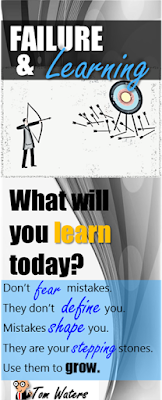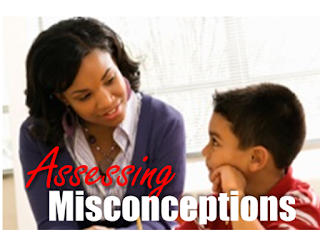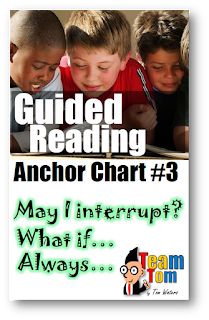School Improvement is More than Curriculum and Instruction Expertise

Curriculum and instruction. Those are the foundation of what we do in education, but they are not the center of successful school improvement. Many improvement efforts fail because they focus completely on curriculum and instruction. Campus leaders are prone to making this mistake . After all, principals were teachers, instructional specialists, and curriculum experts. District support staff lean towards making this mistake because most support staff work in curriculum and instruction. And rightfully so - curriculum and instruction are at the center of our business. They just are not the center of successful school improvement. Culture is the center of successful School Improvement Think of Southwest Airlines, General Motors, Facebook, and Google. These are the names of thriving businesses. They are the result of successful on-going improvement efforts focused on organizational culture. They continue as a part of our everyday lives because they have strong organizational culture











